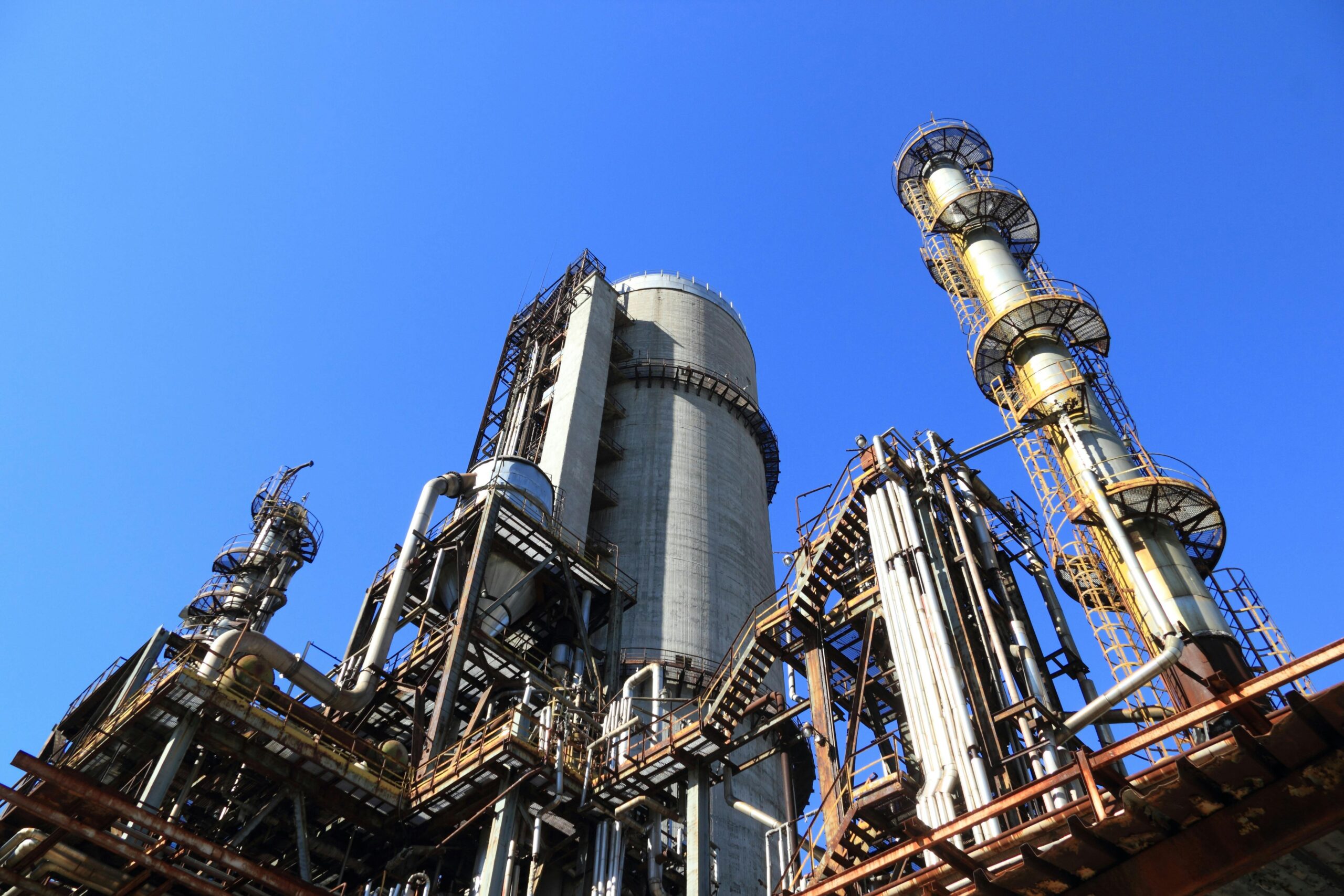Introduction:
Chemical engineering, a discipline born in the late 19th century, has evolved significantly over the years. Today, it stands at the forefront of solving some of the world’s most pressing challenges, from environmental sustainability to the development of groundbreaking technologies. In this article, we explore the 21st-century challenges facing chemical engineers and the innovative solutions driving the field forward.
Resource Scarcity:
As our population grows and natural resources become scarcer, chemical engineers are tasked with finding more efficient ways to utilize raw materials. This includes optimizing processes to reduce waste and energy consumption, as well as developing sustainable alternatives to traditional resources.
Climate Change Mitigation:
Chemical engineers play a pivotal role in the fight against climate change. They are developing carbon capture and storage technologies, renewable energy sources, and cleaner industrial processes to reduce greenhouse gas emissions.
Circular Economy:
The concept of a circular economy is gaining momentum. Chemical engineers are designing closed-loop systems that minimize waste and maximize resource efficiency, transforming the way products are manufactured and consumed.
Green Chemistry:
Green chemistry principles are driving innovation in chemical engineering. Safer and more environmentally friendly chemical processes are being developed, reducing the environmental impact of the industry.
Biotechnology Integration:
The integration of biotechnology into chemical engineering has opened up new possibilities in fields like pharmaceuticals, biofuels, and bioplastics. These advancements contribute to sustainable practices and reduced reliance on fossil fuels.
Water Management:
With water scarcity becoming a global concern, chemical engineers are developing advanced water treatment technologies to ensure access to clean and safe drinking water while minimizing environmental impact.
Nanotechnology:
Nanotechnology is revolutionizing materials science. Chemical engineers are designing and producing nanomaterials with unique properties, which have applications in electronics, medicine, and environmental remediation.
Artificial Intelligence and Data Analytics:
AI and data analytics are being employed to optimize chemical processes, predict equipment failures, and improve quality control, ultimately increasing efficiency and reducing costs.
Safety and Regulations:
As chemical processes become more complex, ensuring safety remains a paramount concern. Chemical engineers work closely with regulators to develop and adhere to stringent safety standards.
Global Health Challenges:
The COVID-19 pandemic highlighted the importance of chemical engineering in vaccine development, pharmaceutical manufacturing, and healthcare supply chain management.
Conclusion:
The challenges facing chemical engineers in the 21st century are diverse and complex. However, the field is embracing these challenges with innovation and sustainability at its core. Through green practices, biotechnology integration, circular economy principles, and the application of advanced technologies like AI and nanotechnology, chemical engineering is driving positive change for our planet and future generations. As we continue to address these challenges, chemical engineers will play a crucial role in building a more sustainable and technologically advanced world.














